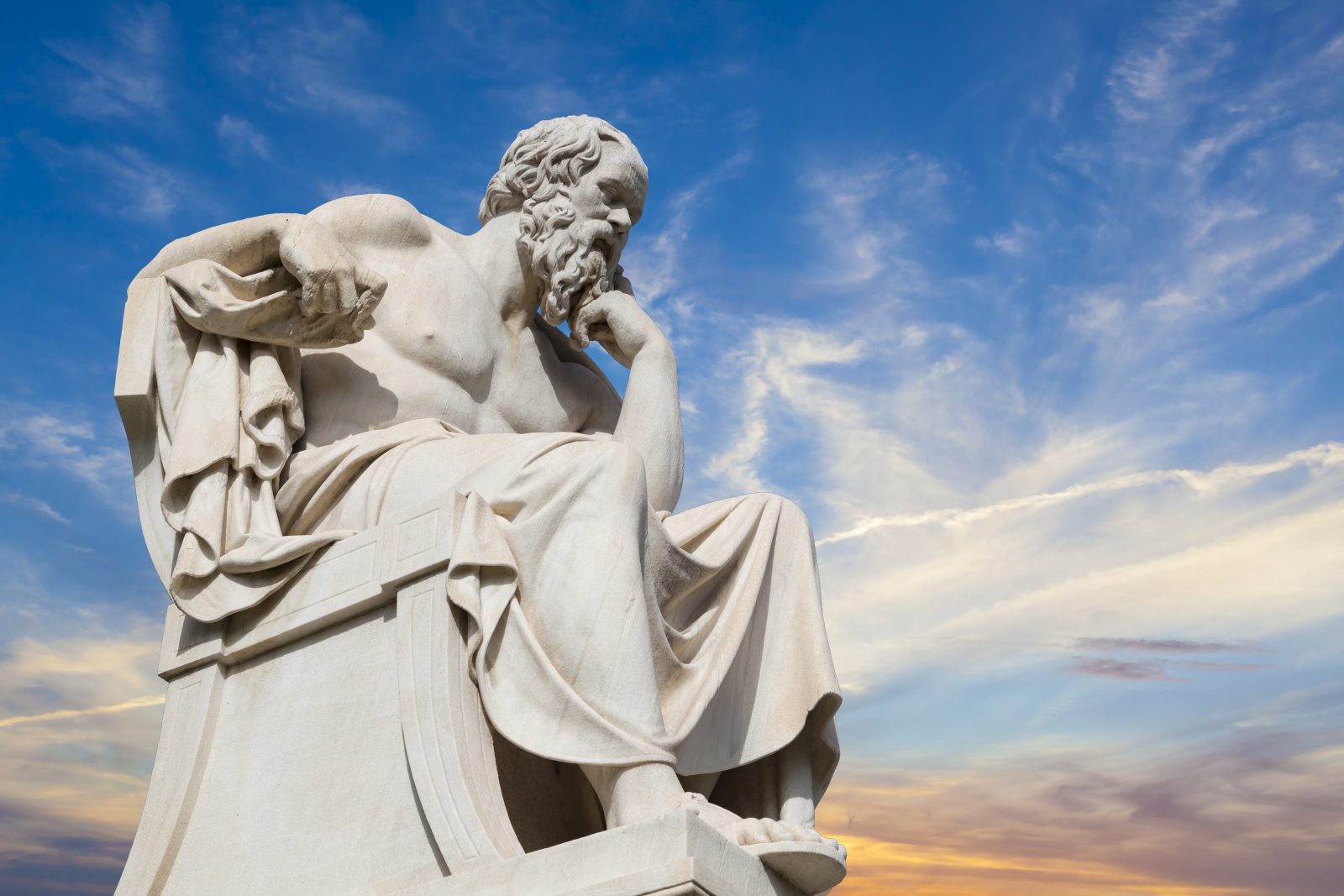
Physicist Eric Hedin Talks Entropy and the Origin of Life
On today’s ID the Future, host Eric Anderson sits down with Canceled Science* author and physicist Eric Hedin to discuss Hedin’s new book and, in particular, the book’s take on the origin-of-life problem. Hedin says the second law of thermodynamics poses a serious problem for the idea of a mindless origin of the first single-celled organism from prebiotic materials. Such an event would have involved a breathtaking increase in new information, and Hedin says that physics tells us pretty clearly that mindless nature degrades information; it doesn’t create it. Are there workarounds? Listen in as he explains why he’s not optimistic. And grab a copy of his new book to get his extended take. (*As an Amazon Associate, Discovery earns from qualifying purchases.)





